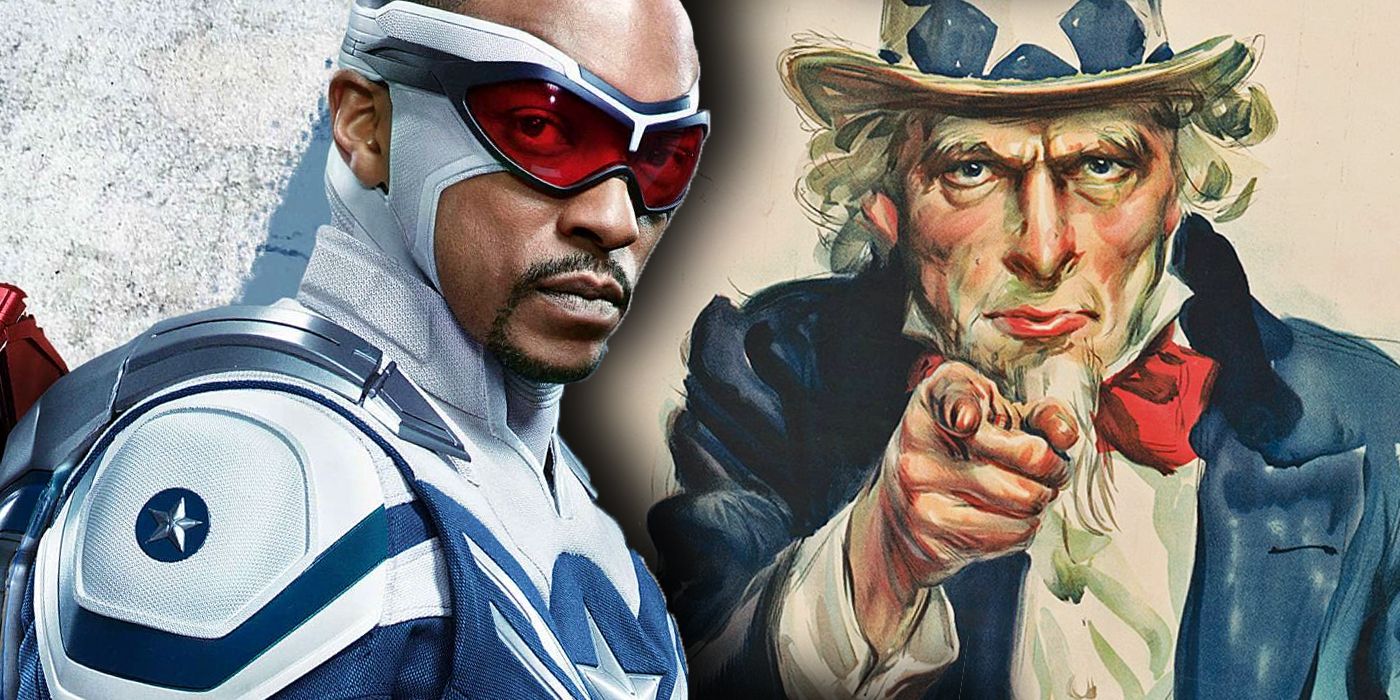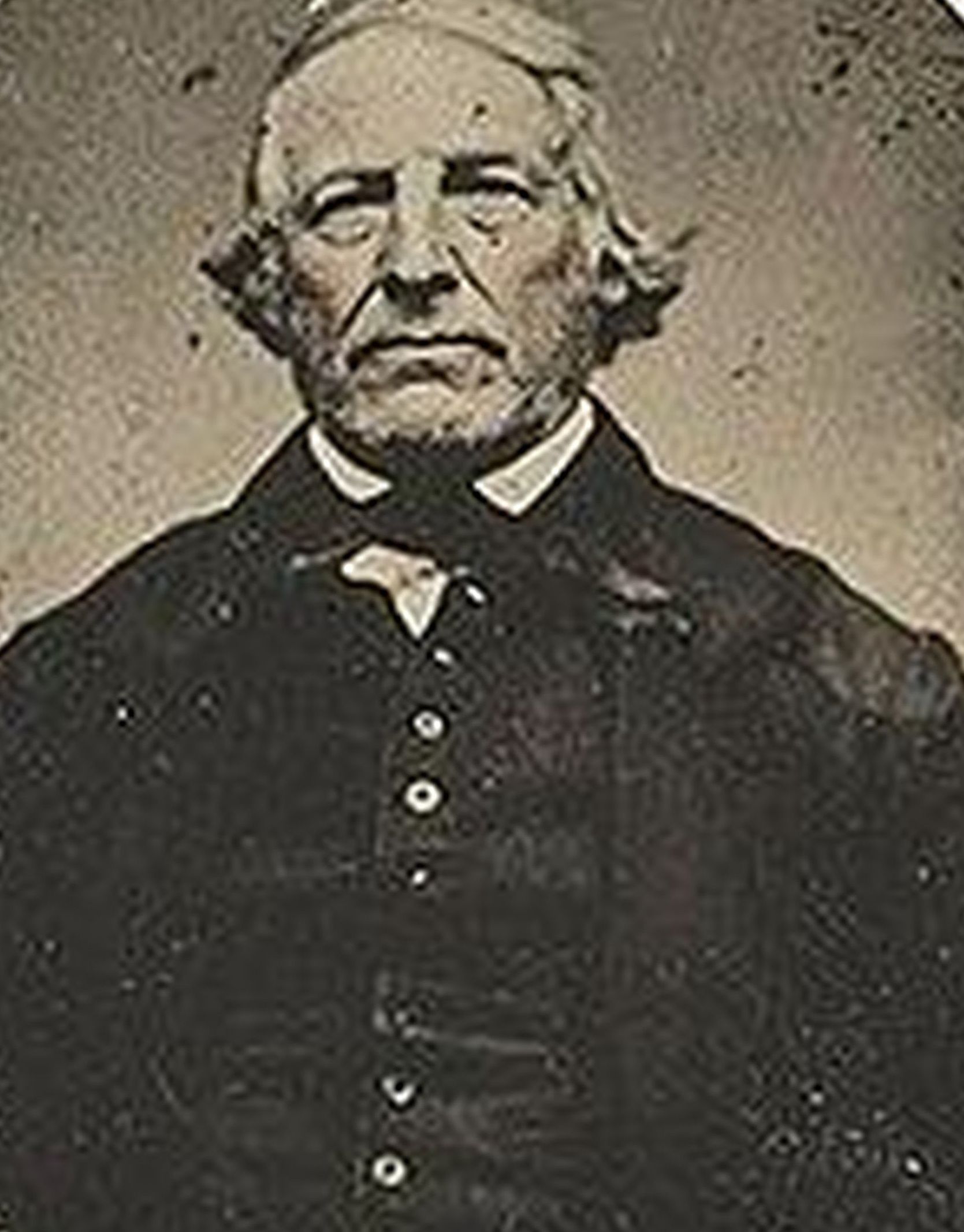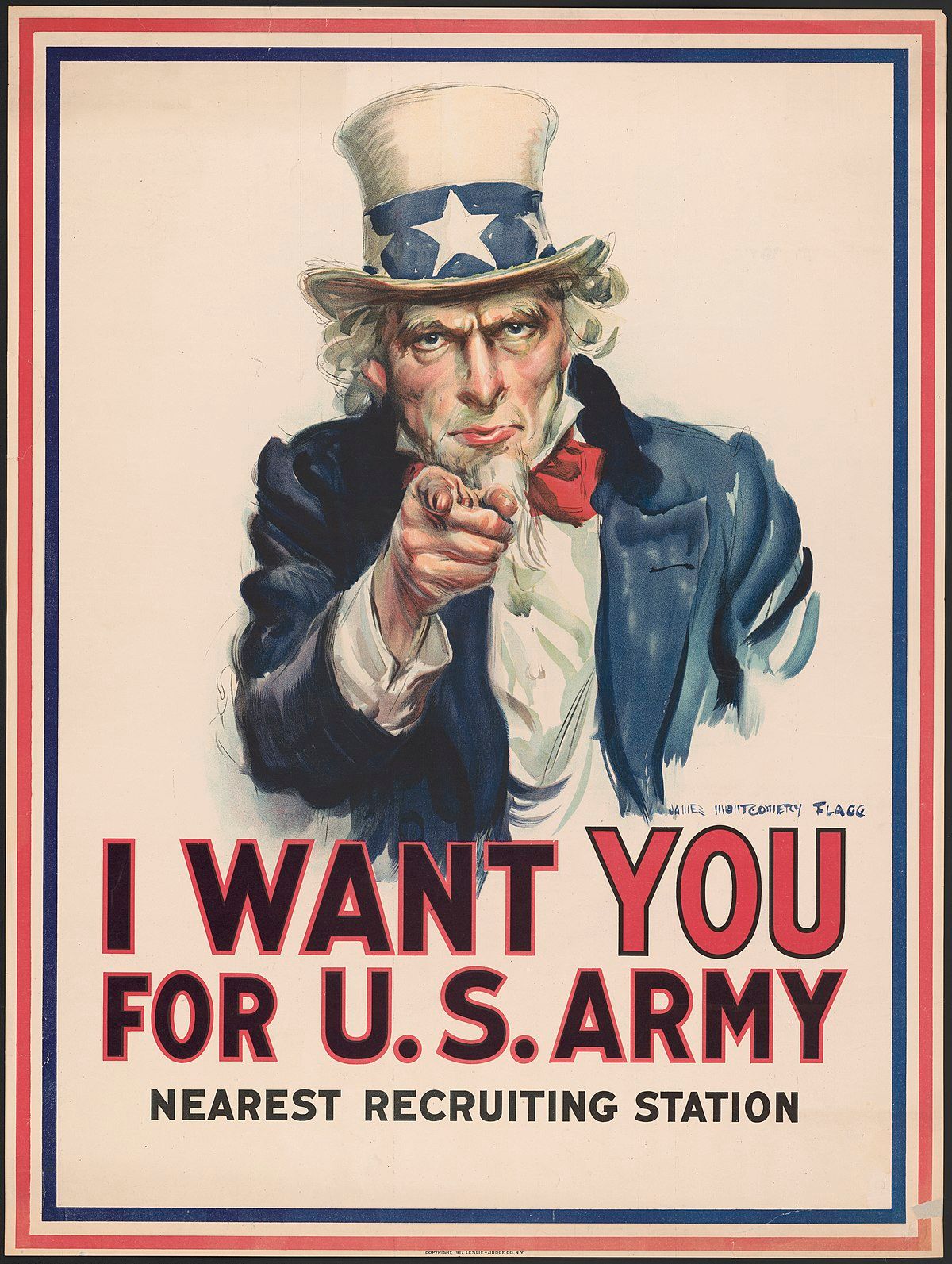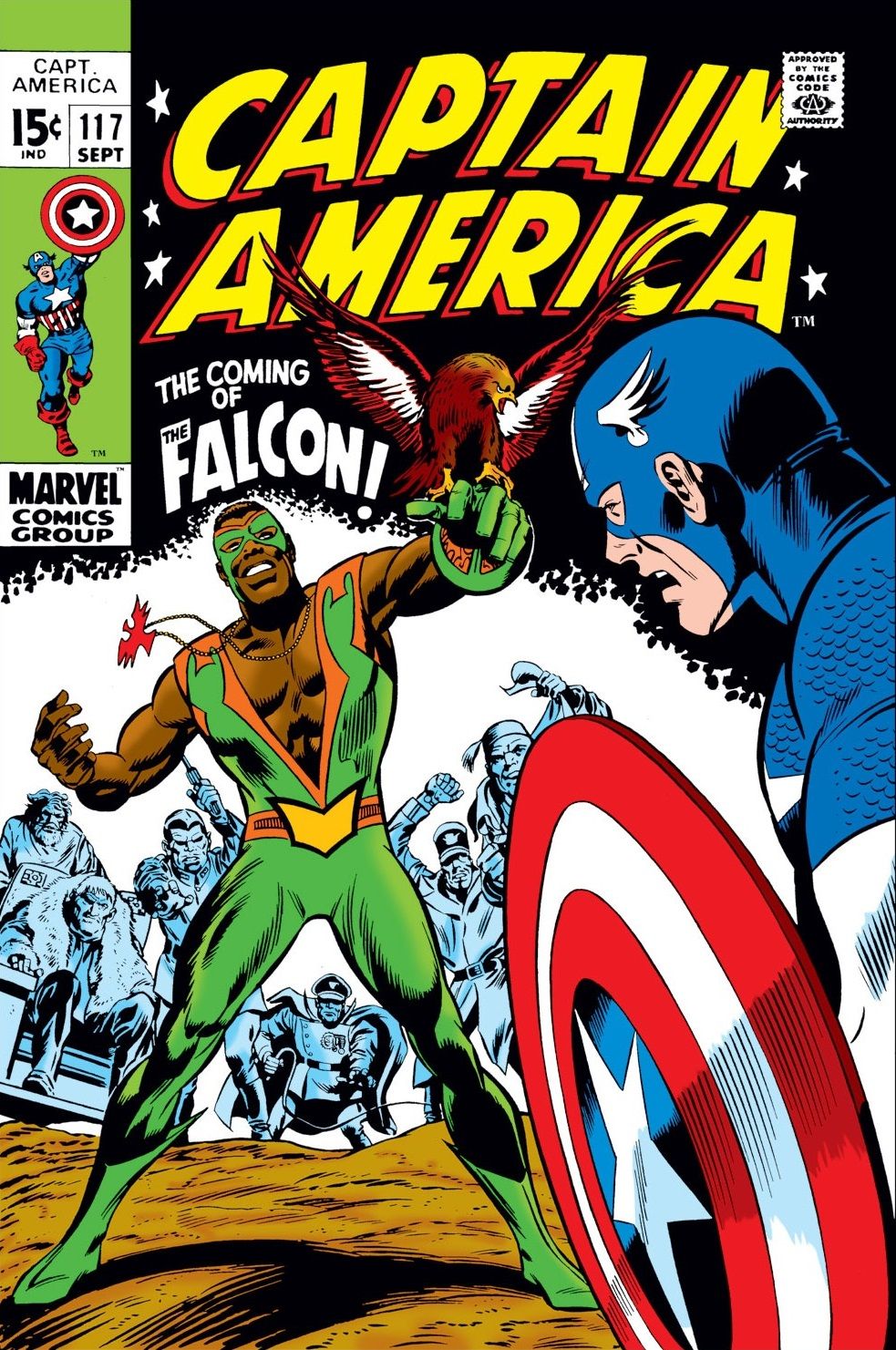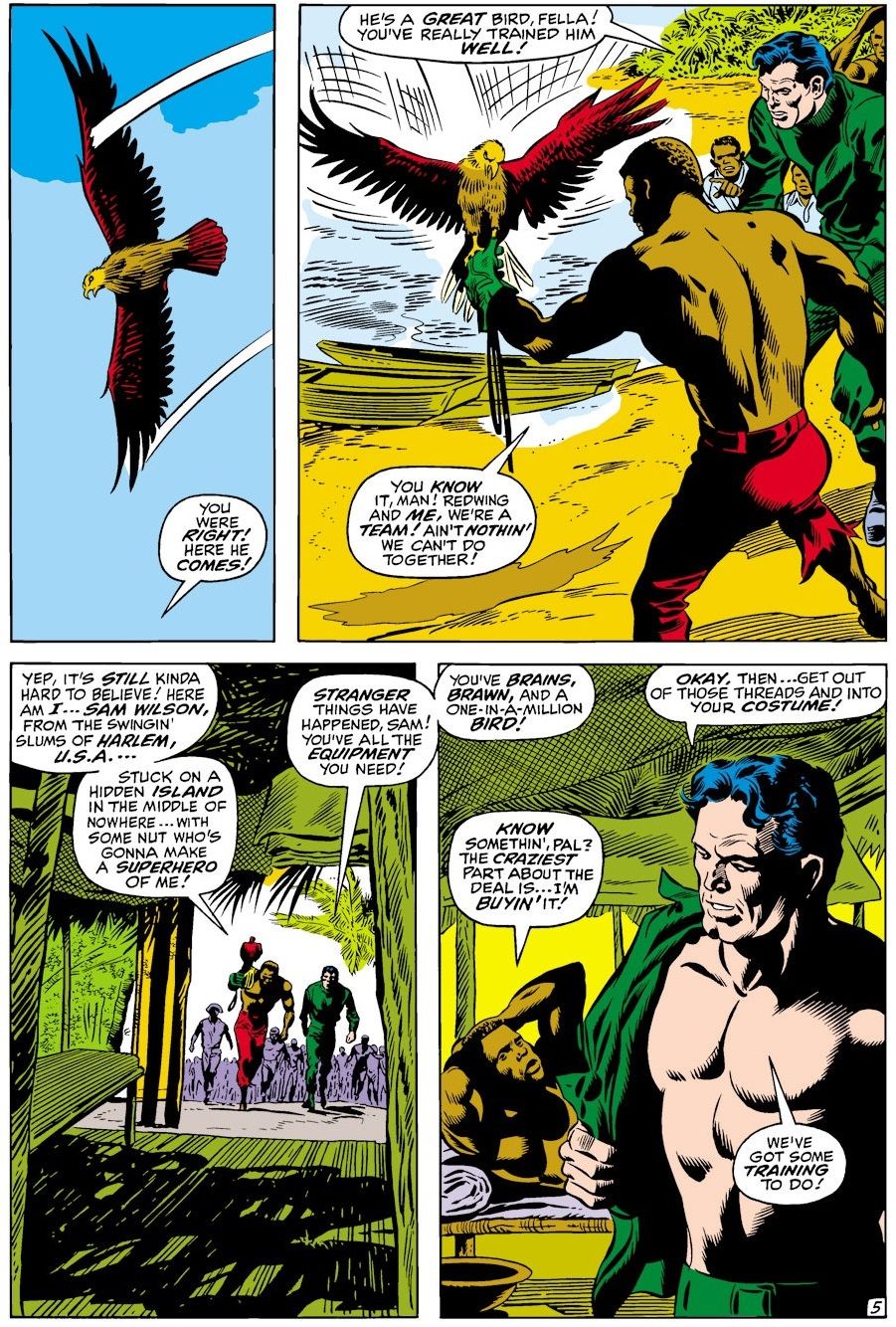In the latest Comic Book Legends Revealed, find out what whether Sam Wilson was named after the man who was the real life inspiration for Uncle Sam!
Welcome to Comic Book Legends Revealed! This is the eight hundred and eighth installment where we examine three comic book legends and determine whether they are true or false. As usual, there will be three posts, one for each of the three legends. Click here for the first part of this installment's legends.
NOTE: If my Twitter page hits 5,000 followers, I'll do a bonus edition of Comic Book Legends Revealed that week. Great deal, right? So go follow my Twitter page, Brian_Cronin!
COMIC LEGEND:
Captain America/Falcon Sam Wilson was named after the real life inspiration for Uncle Sam.
STATUS:
I'm Going With a False
My pal Charlie E. asked me to look into this one and I was surprised by how popular it was as a bit. It shows up on a few of those "Did you know?" places as "Did you know that Sam Wilson was named after the real life inspiration for Uncle Sam?"
First, let's look into the whole "Uncle Sam" deal. From History.com, "On September 7, 1813, the United States gets its nickname, Uncle Sam. The name is linked to Samuel Wilson, a meat packer from Troy, New York, who supplied barrels of beef to the United States Army during the War of 1812. Wilson (1766-1854) stamped the barrels with “U.S.” for United States, but soldiers began referring to the grub as “Uncle Sam’s.” The local newspaper picked up on the story and Uncle Sam eventually gained widespread acceptance as the nickname for—and personification of—the U.S. federal government."
History.com continued on the most famous image of Uncle Sam, "Perhaps the most famous image of Uncle Sam was created by artist James Montgomery Flagg (1877-1960). In Flagg’s version, Uncle Sam wears a tall top hat and blue jacket and is pointing straight ahead at the viewer. During World War I, this portrait of Sam with the words “I Want You For The U.S. Army” was used as a recruiting poster. The image, which became immensely popular, was first used on the cover of Leslie’s Weekly in July 1916 with the title “What Are You Doing for Preparedness?” The poster was widely distributed and has subsequently been re-used numerous times with different captions."
Finally, "In September 1961, the U.S. Congress recognized Samuel Wilson as 'the progenitor of America’s national symbol of Uncle Sam.' Wilson died at age 88 in 1854, and was buried next to his wife Betsey Mann in the Oakwood Cemetery in Troy, New York, the town that calls itself 'The Home of Uncle Sam.'”
And, well, obviously, the superhero previously known as The Falcon (and now known as Captain America), who debuted in Captain America #117 in 1969 (by Stan Lee, Gene Colan and Joe Sinnott)...
is named Sam Wilson (a fact that somehow did not come up at ALL in the first issue, but was only mentioned in the following issue)...
So, what's the deal, did Stan Lee seriously name the Falcon after Sam Wilson, who had just been honored by Congress eight years earlier?
I say no. Here's my thinking....
1. Lee didn't really do that. During the Golden Age (and DC's Silver Age), characters were often named after specific people. Lee, though, did not appear to do so with his Marvel character names. Peter Parker, Reed Richards, Bruce Banner, there was a lot of alliterative names, but he did not appear to be naming any of the characters after anyone in particular, so it seems unlikely that he would just start in 1969 with Sam Wilson.
2. I doubt the "Sam Wilson was Uncle Sam" story was all THAT prevalent in 1969. Yes, Congress honored him, but I just looked at the Congressional Record for this past Friday and I found this:
HONORING LIEUTENANT GENERAL FRANCIS M. BEAUDETTE FOR 32 YEARS OF MILITARY SERVICE
HON. RICHARD HUDSON OF NORTH CAROLINA IN THE HOUSE OF REPRESENTATIVES
Friday, July 16, 2021
Mr. HUDSON. Madam Speaker, I rise today to honor Lieutenant General Francis M. Beaudette for 32 years of distinguished military service.
Lt. Gen. Beaudette has made immeasurable contributions to our great Nation and continues to personify the core U.S. Army values of honor, integrity, personal courage, and selfless service. He began his career in 1989 as a military intelligence officer and retires as the Commanding General of the U.S. Army Special Operations Command at Fort Bragg.
After graduating from The Citadel, Lt. Gen. Beaudette went on to serve as a battalion assistant, crewmember, and armor platoon leader in Germany, Saudi Arabia, and Iraq. He completed Special Forces training in 1995 and was assigned to the 3rd Special Forces Group
before serving as the aide-de-camp to the commanding general of the U.S. Army John F. Kennedy Special Warfare Center and School and the aide-de-camp to the deputy commanding general of Kosovo Forces.
Over the course of his extraordinary career, Lt. Gen. Beaudette has answered the call to duty many times. He previously served as the Deputy Commanding General of the 1st Armored Division, Assistant Commander of the Joint Special Operations Command, and Commanding General of the 1st Special Forces Command. Lt. Gen. Beaudette retires as a decorated military leader and true American hero, having earned some of the most prestigious awards bestowed by our military. He represents the best our Nation has to offer, and his legacy of leadership will be felt for generations.
As Fort Bragg’s Congressman, I know I speak for our Nation and our community when I say we are truly grateful for Lt. Gen. Beaudette’s extraordinary service and cannot thank him enough. I have personally benefited from his friendship and counsel and would like to offer my sincerest appreciation and wish him success in his future endeavors. Madam Speaker, please join me today in honoring Lieutenant General Francis M. Beaudette for 32 years of military service.
Absolutely no offense to Lt. Gen. Beaudette, but did anyone know that that happened? Pretty much no one did, right? And so it is unlikely that Stan Lee knew that Samuel Wilson was honored eight years earlier.
3. The most important one. Had Lee intentionally named Falcon after Uncle Sam, he would have worked that fact into a piece of dialogue and he did not. Not even a single "Uncle Sam" joke, as far as I can tell. Plus, the Falcon was a bit of a big deal at the time, so Stan gave interviews about the character and he would have mentioned it if it was intentional. He wasn't the type of guy to do something like this and then not mention it to anyone. Especially not once in the decades since.
I asked Tom Brevoort and Mark Waid, two guys I respect a lot about something like this and they both agree that it's just a coincidence, so I'm going with coincidence.
Thank to Tom and Mark! And thanks to Charlie for the suggestion!
CHECK OUT A MOVIE LEGENDS REVEALED!
In the latest Movie Legends Revealed - Was the man who gave Indiana Jones his fedora in Indiana Jones and the Last Crusade originally intended to be Indy's future father-in-law?
PART THREE SOON!
Check back soon for part 3 of this installment's legends!
Feel free to send suggestions for future comic legends to me at either cronb01@aol.com or brianc@cbr.com

